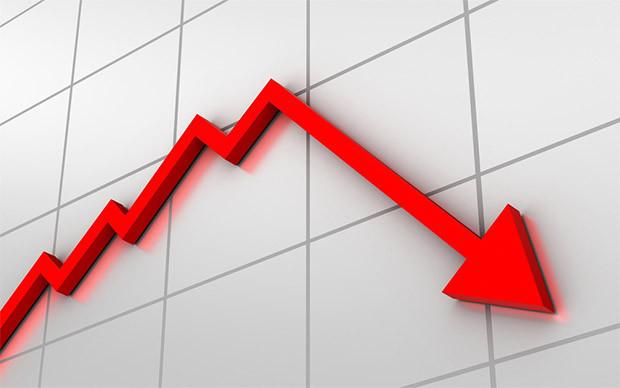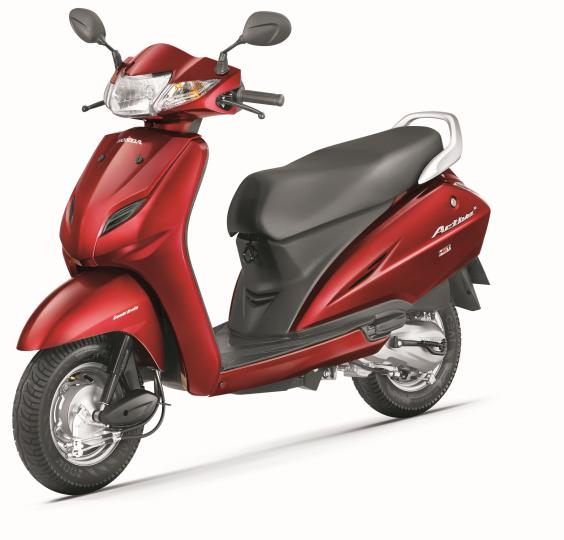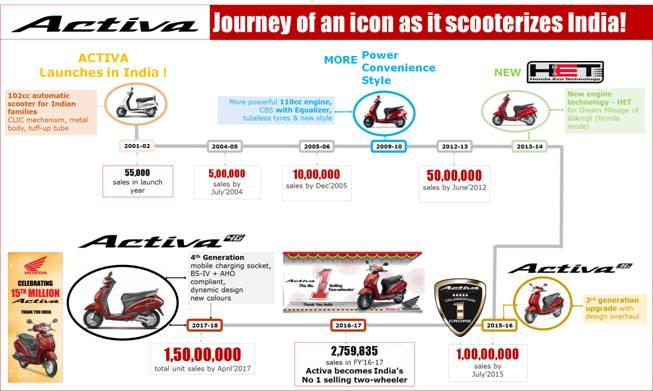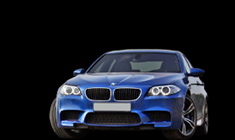News
Car sales on a decline in metropolitan cities of India
With the advent of ride sharing services and improved public transport in the form of metro networks, car sales have seen a drop in large cities of India. Commuters face gridlocks and parking issues on a daily basis and hence more and more people seem to be swapping their cars for public transport.
According to a media report, 97,274 cars were sold in Mumbai in 2017-18 compared to 1.22 lakh in the previous year. That's a drop of 20%. In Bangalore, car sales dropped by 11% in the last fiscal. Delhi however, recorded a growth of 1.6% in car sales.
Meanwhile, more cars were sold in 2017-18 compared to the previous year in smaller cities. Lucknow saw a growth of 25%, while car sales in Jaipur, Ahmedabad and Chandigarh grew by 15% each. Kochi and Pune registered a growth of 7% and 2.4% respectively. That said, countrywide car sales grew by 10% during the same period.
According to Rakesh Srivastava, Director (Sales & Marketing) Hyundai India, the decline in sales in metropolitan areas can be attributed to more people using the metro and shared mobility platforms like Ola and Uber. N Raja, Deputy MD, Toyota Kirloskar told the media that fleet sales were adversely affected by GST, registering a drop of around 50% in 2017. Rajesh Goel, Director Sales and Marketing, Honda Cars India believes that growing congestion in large cities is likely to affect car sales in the years to come.
Source: TOI
News
Baleno RS monthly sales volumes at just 900 - 1000 units
According to a recent media report, there have been few takers for the Baleno RS. In fact, the Baleno RS, powered by a turbocharged petrol engine amounts to less than 10% of the total sales of the Baleno hatchback.
CV Raman, Senior Executive Director (Engineering), Maruti Suzuki India Limited (MSIL) has told the media that volumes of the Boosterjet are in the range of 900-1,000 units per month, while on average Maruti sells around 15,000 units of the Baleno hatchback. The Baleno RS, a product targeted towards the enthusiasts, is suffering from low acceptability issues.
The Baleno RS was launched in March 2017. Currently, it is priced at Rs. 8.45 lakh (ex-showroom, Delhi). In comparison, the base price of the standard Baleno is Rs. 5.36 lakh. The Baleno RS is powered by a 1.0-litre, 3-cylinder, turbocharged petrol engine that produces 101 BHP and 150 Nm of peak torque. It comes equipped with a 5-speed manual gearbox. The car also features a tweaked suspension setup and comes with disc brakes at all four corners.
The Baleno RS' main rivals include the VW Polo GT TSI and the Abarth Punto.
Source: The Economic Times
News
Honda Activa sales cross 20 lakh in 7 months, sets new record
The Honda Activa has become the only Indian two-wheeler to cross 20 lakh unit sales in 7 months.
According to sales figures published by the Society of Indian Automotive Manufacturers (SIAM), 20,40,134 units of the Activa were sold during the 7-month period of April to October 2017. In comparison, the company had sold 17,87,111 units during the same period last year.
During April-October 2012, Honda had sold 7,29,469 units of the Activa, which have almost tripled in the same period in 2017. Further, the 5-year growth of the scooter is around 180% (50 lakh units in 2012 to 1.5 crore units in 2017). Moreover, in 2017, Activa sales amounted to 17% of the total domestic two-wheeler sales.
The Honda Activa was launched in India back in 2001. That year, Honda sold 55,000 units of the scooter. By December 2005, Activa sales had crossed the 10-lakh unit mark.
News
Maruti Dzire is fastest car to hit 1 lakh sales milestone
Sales of the new Maruti Suzuki Dzire have crossed the 1 lakh unit mark. After being launched in May 2017, the all-new Dzire has reached this sales milestone in record five and a half months.
The car maker has also revealed that nearly half of the Dzire customers chose it as their first car and close to 17% of the customers opted for the Auto Gear Shift (AGS) variant.
Some of the features available on the new Dzire include a SmartPlay infotainment system with Android Auto, Apple CarPlay and Mirror-link connectivity, automatic climate control with rear AC vent, parking sensors with rear view camera, ABS with EBD and airbags among others.
The new Maruti Dzire is offered with a 1.2-litre petrol engine which produces 82 BHP / 113 Nm and a 1.3-litre diesel engine which makes 74 BHP / 190 Nm of torque. Both engines are available in four trim levels each. While a 5-speed manual gearbox is standard, a 5-speed AMT is available on the top three variants of the petrol and diesel models.
News
Indian car sales in 1 image
Thanks to Latheesh for sharing this image with other enthusiasts.
The Indian car sales can be summed up by this one picture.
The sales figures for the month of September 2017 show that Maruti Suzuki continues to dominate the Indian car market. Such is the volume of the cars sold by the company that, not one, but two of its models (Dzire and Alto) outsell all the models of Mahindra (the third largest manufacturer) put together. Ten out of twenty in the list of top selling cars are from the Maruti stable. The company sold 1,50,521 cars in the month and commanded a market share of 49.36%.
Since the launch of its first car - the Maruti 800 in 1983, Maruti Suzuki has grown rapidly. It has grabbed and maintained the number 1 spot in the country over the years. Today, it has fourteen different models on sale in various segments.
Hyundai took a distant second place in the charts with 50,028 units (16.40%), followed by Mahindra with 23,145 units (7.59%), Honda with 18,257 units (5.99%), Tata Motors with 17,286 units (5.67%), Toyota with 12,335 units (4.04%) and Renault with 10,874 units (3.57%). Other brands including Ford, Volkswagen, Datsun, Jeep, Skoda, Fiat, Nissan and HM-Mitsubishi have a combined market share of 7.38%.
Pages











